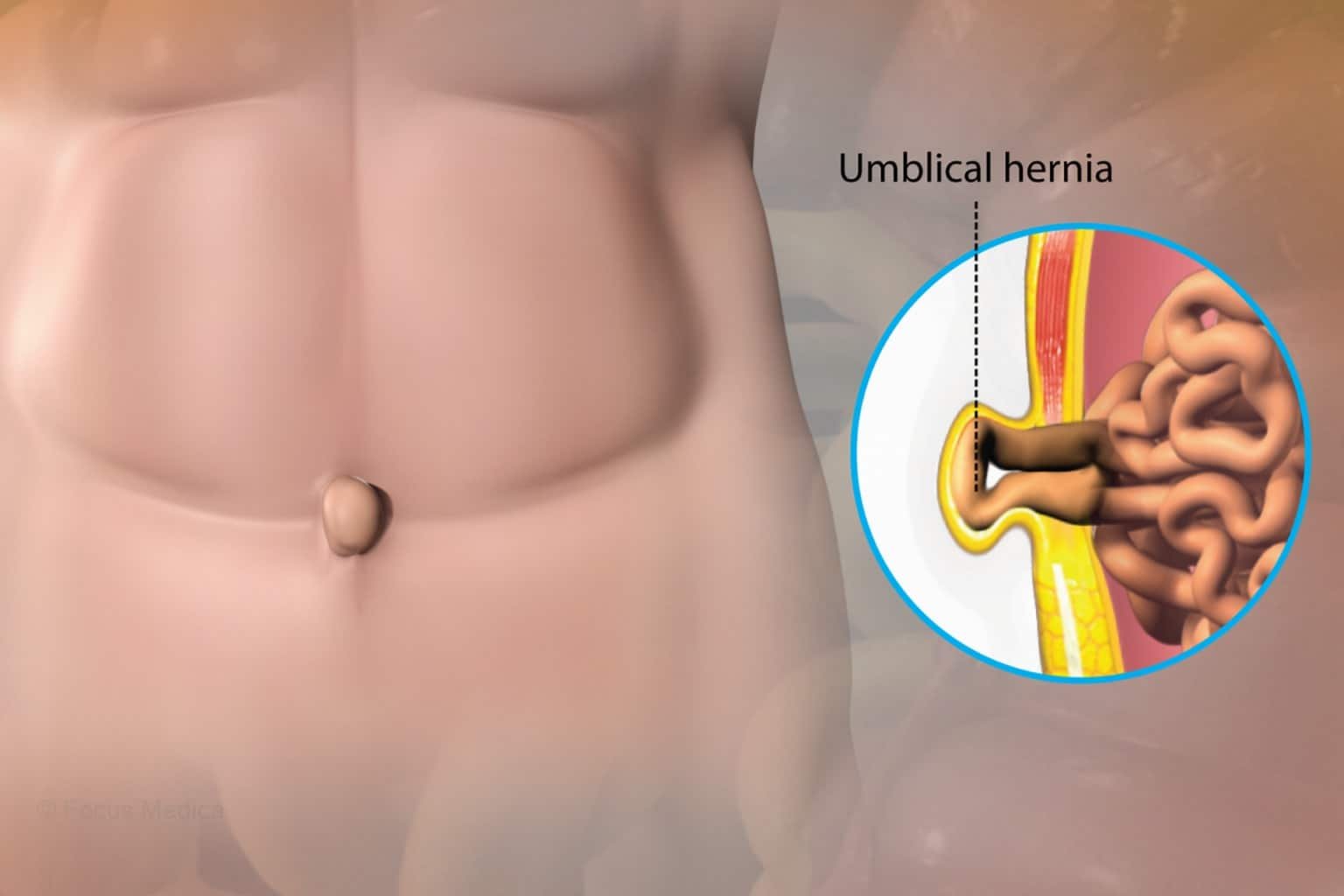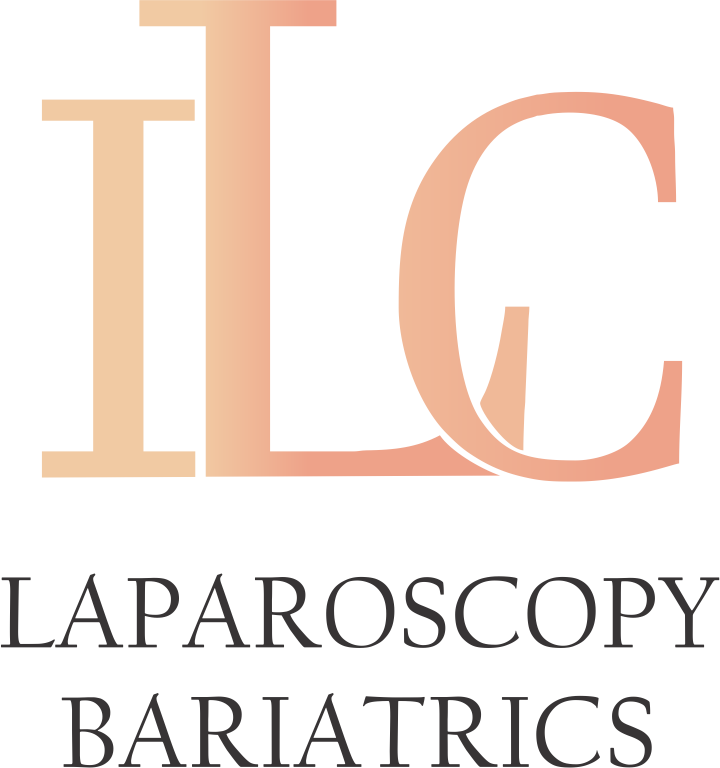- Phone : +91-7574858085, 9691481578
- Email : drachalagrawal@gmail.com
- Opening Hours : 10:00am to 08:00pm

If you suspect that your baby has an umbilical hernia, talk with the baby’s doctor Seeking emergency care if your baby has an existing umbilical hernia with the given below symptoms:
The same rules apply to adults. If you have a bulge close to your navel, consult umbilical hernia doctor in Indore. If the bulge becomes painful or tender, seek immediate care. Early detection and intervention can reduce the risk of problems.

A hernia is a medical problem that develops when an organ or piece of tissue pushes through a weak spot in the surrounding muscles or tissues. This may take place in the groyne, abdomen, or diaphragm, among other places.
The several kinds of hernias, their causes, symptoms, and treatments will all be covered in following content:
Hernias can result from a number of causes, such as:
Depending on the nature and degree of the hernia, several hernia symptoms may be present.
Some typical signs include:
Hernias are a frequent medical issue that can affect different body parts. Although though some hernias might not need immediate care, it’s crucial to keep an eye on them and get help right away if you notice any symptoms. Hernias can be prevented by altering your lifestyle, such as by eating healthily and avoiding excessive lifting. If medical intervention is necessary, procedures including surgery or the use of a hernia belt may be suggested. You can lessen the negative effects that hernias have on your general health and quality of life by taking actions to prevent and manage them.
You can find umbilical hernia doctors in Indore by searching online directories, consulting local hospitals, or asking for referrals from your primary care physician.
Treatment options for umbilical hernia in Indore may include observation, non-surgical methods, or surgical repair depending on the severity and symptoms.
Yes, umbilical hernia surgery in Indore is generally safe when performed by experienced surgeons using appropriate techniques and precautions.
The duration of umbilical hernia surgery in Indore may vary depending on the complexity of the case, but it typically takes around 30 minutes to an hour.
The recovery time after umbilical hernia surgery in Indore can vary, but most patients can resume normal activities within a few weeks with proper post-operative care.
Like any surgical procedure, umbilical hernia surgery carries some risks such as infection, bleeding, or recurrence, but these are generally rare when performed by skilled surgeons.
Your surgeon will provide specific instructions for pre-surgical preparations, which may include fasting before the procedure and temporarily stopping certain medications.
It is advisable to consult with your primary care physician first, as they can assess your condition and refer you to a specialist or surgeon if necessary.
Insurance coverage for umbilical hernia surgery in Indore may vary depending on your insurance plan. It is recommended to check with your insurance provider regarding coverage and any associated requirements.

©Copyright 2023. All Rights Reserved.